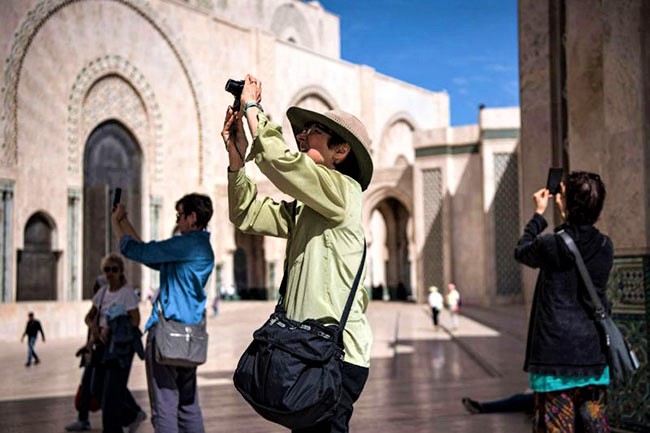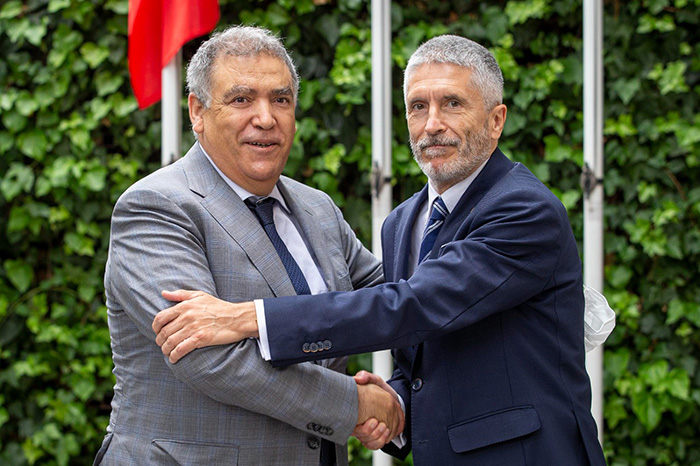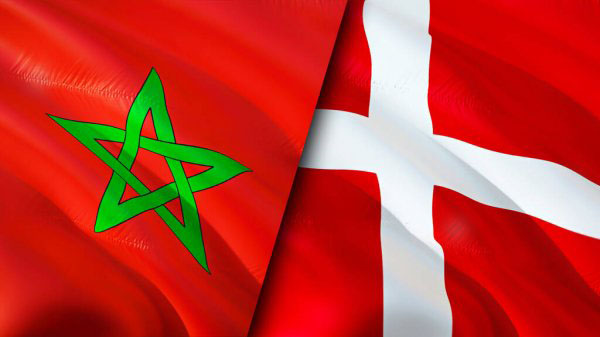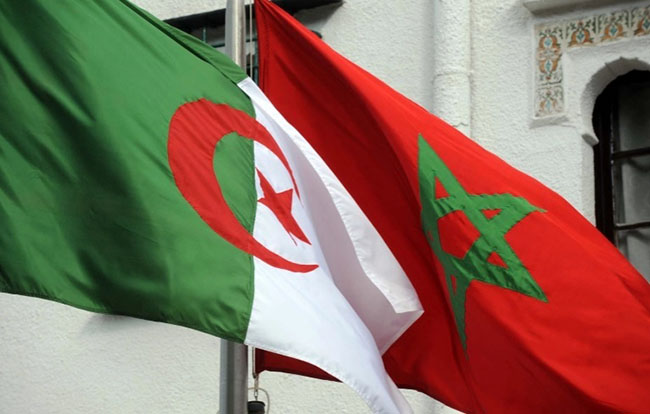Libyans are celebrating Islam's Eid al-Fitr holiday - and ending their month-long Ramadan fast - on different days this year because of bitter political splits that persist despite years of peace efforts.
Religious authorities in east Libya, aligned with the parliament which is based there, said they had sighted the crescent moon on Thursday, making it the last day of fasting and setting Friday as Eid.
In Tripoli, the capital, religious authorities linked to the national interim government said they had not seen the moon and the holiday would not begin until Saturday, meaning people should fast another day.
"This is madness and I pray it ends here," said Ahmed Mesbah, 50, in Tripoli, who has chosen to celebrate Eid on Friday. "We are divided among those who fast and those who have stopped fasting," he added.
The date of Eid is normally set by the official religious authority in each country, but Libya has had little stability since a 2011 NATO-backed uprising against ruler Muammar Gaddafi. The country split in 2014 between warring factions in east and west, a rift that remains despite comparative peace since 2020.
While people in areas controlled by eastern factions appeared to be universally celebrating Eid on Friday, people living in Tripoli and some other parts of the west seemed split between those celebrating and those still fasting.
"The split between east and west on such a happy occasion is hurtful and makes me sad. I'm afraid of more splits going deeper in our lives in Libya," said Mohamed Salem, in Tripoli, who is still fasting.
Prime Minister Abdulhamid al-Dbeibah in Tripoli said people should follow the grand mufti's decision to wait until Saturday. The parliament, which backs a rival administration, said Eid started on Friday.
In western areas of Libya, divisions over Eid, which even extended to different members of the same families, appeared to partly reflect divisions over the role of the mufti, Sadiq al-Ghariani, who is seen as close to the Muslim Brotherhood.
The brotherhood has been party to the regional and political disputes in Libya, including against the eastern-based factions and some Salafist Muslim groups.
Source: Reuters






